Richard M. Price0521888166, 9780521888165, 9780511415203
Table of contents :
Cover……Page 1
Half-title……Page 3
Series-title……Page 4
Title……Page 5
Copyright……Page 6
Contents……Page 7
Contributors……Page 9
Preface……Page 11
Introduction……Page 15
Critical theory and normative theorizing in International Relations……Page 22
The relation of the empirical to the ethical……Page 27
Rationalism, constructivism and agency……Page 34
Constructivism and hypocrisy……Page 39
Dilemmas and the constitutive effects of norms……Page 45
Complicity and co-optation in moral change……Page 48
Power and dialogic ethics……Page 57
2 Constructivism and the structure of ethical reasoning……Page 67
A ‘mature science’ of international politics……Page 68
The contraction of the field……Page 71
A holistic conception of ethical reasoning……Page 79
The contribution of constructivism……Page 84
Conclusion……Page 95
3 The role of consequences, comparison and counterfactuals in constructivist ethical thought……Page 97
Principles and consequences……Page 99
Evaluating consequences……Page 106
Trials and consequences……Page 108
Weighing consequences……Page 110
Mental simulations of counterfactual worlds……Page 112
Pure counterfactuals……Page 115
Comparison to the ideal……Page 118
Empirical comparisons……Page 120
4 Sovereignty, recognition and indigenous peoples……Page 126
Recognition……Page 129
What are the consequences of mis-recognition?……Page 133
How should indigenous peoples be recognised under international law?……Page 137
What is to be done?……Page 147
Introduction……Page 152
US approaches to undocumented migrants……Page 155
The philosophical debate: Carens and Walzer……Page 161
Political reality……Page 167
Illegal immigrants……Page 171
What next?……Page 175
6 Lie to me: sanctions on Iraq, moral argument and the international politics of hypocrisy……Page 179
Moral argument and hypocrisy in international affairs……Page 183
The sanctions on Iraq……Page 190
Oil-for-Food……Page 198
The significance of lost moral consensus……Page 199
‘Smart sanctions’……Page 203
Constructivism, Habermas and the possibility of consensus……Page 207
7 Paradoxes in humanitarian intervention……Page 211
Creating humanity, creating crises……Page 215
Who is ‘human’?……Page 216
Changed expectations for government performance……Page 217
Normative tensions that make intervening difficult……Page 220
Self-determination vs. humanitarianism……Page 222
Self-determination vs. intervention……Page 224
The role played by international organisations……Page 228
Moral dilemmas and constructivist analysis……Page 232
Introduction……Page 239
Immigrants and Swedes as technical and ethnic categories……Page 245
1960s–1980s: immigrants and Swedes through work……Page 248
Mid-1990s–present: immigrants and Swedes through culture……Page 250
Feasible conceptualisation?……Page 258
Conclusion……Page 264
9 Interstate community-building and the identity/difference predicament……Page 267
Identity and difference: an ongoing debate in constructivist IR theory……Page 269
Identity and its constitutive outside……Page 271
Forms of othering……Page 276
Community-building in practice……Page 280
The EU……Page 281
ASEAN……Page 287
What kinds of community to build?……Page 293
Constructed contexts……Page 295
The ethics of constructivism……Page 301
The ethics of hypocrisy……Page 310
Index……Page 319

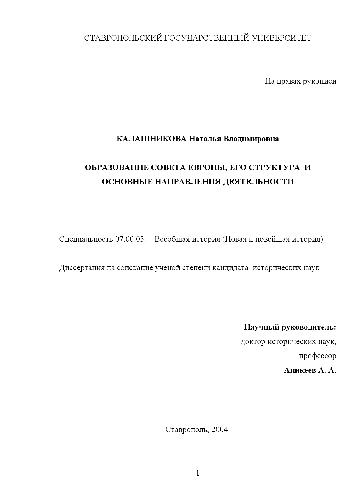

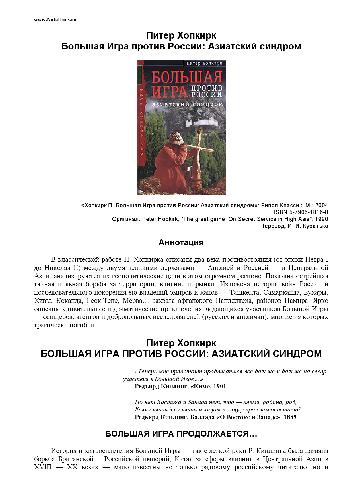
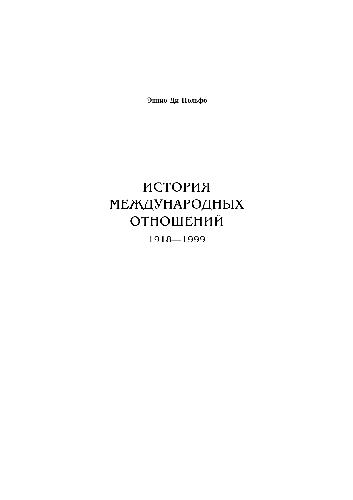
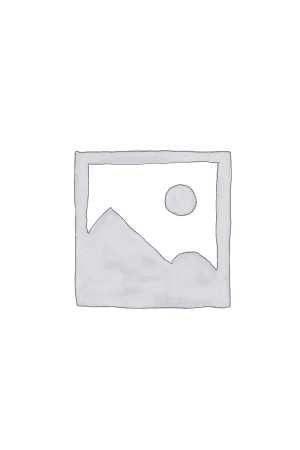
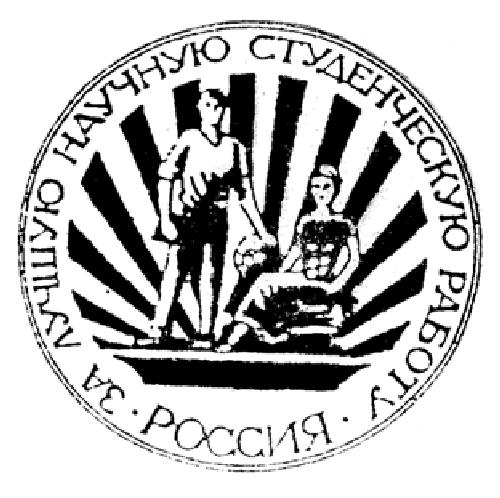
Reviews
There are no reviews yet.